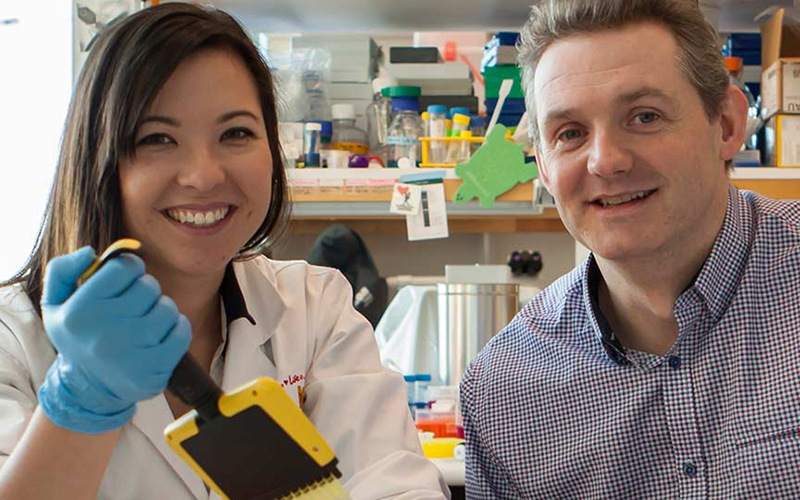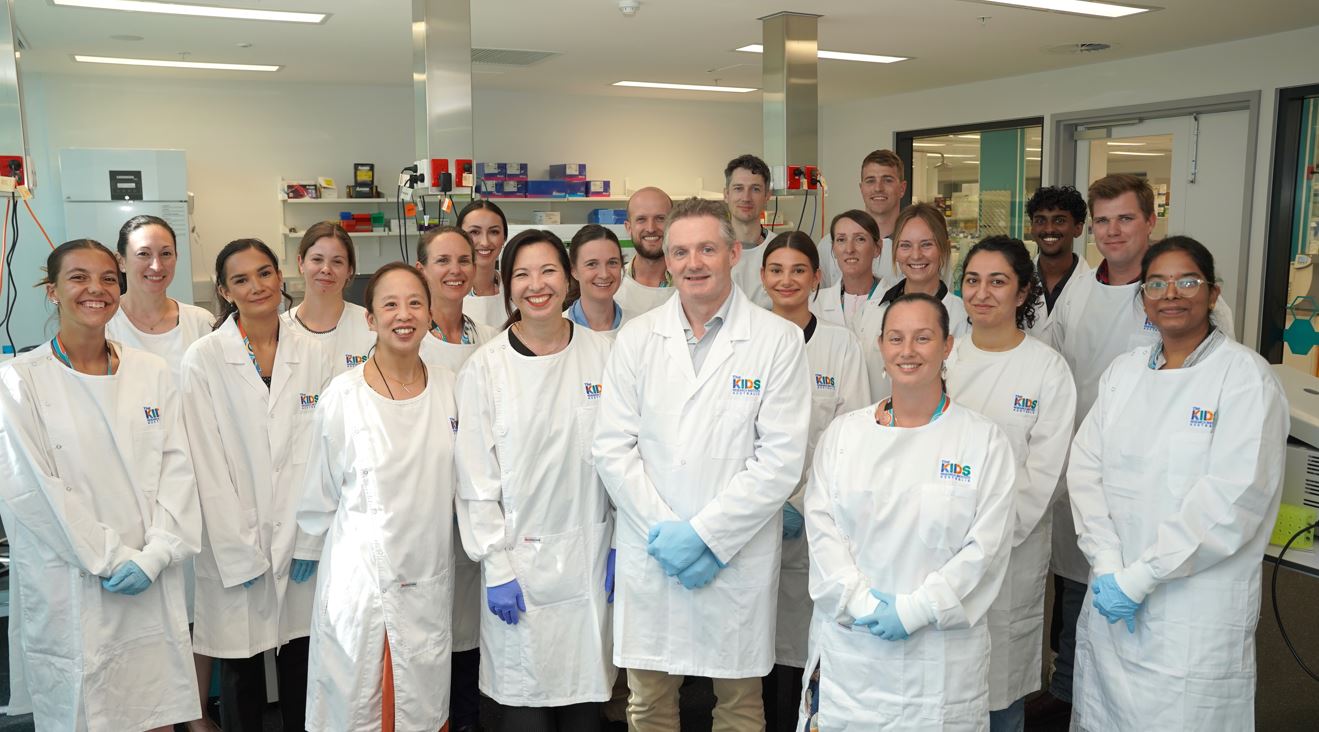Search
Research
The case for DNA methylation based molecular profiling to improve diagnostic accuracy for central nervous system embryonal tumors (not otherwise specified) in adultsWe report the case of a 45-year-old woman who was diagnosed with a NOS based on immunohistochemical analysis of the patient's tumor at diagnosis.
Research
Irreversible growth plate fusions in children with medulloblastoma treated with a targeted hedgehog pathway inhibitorWe report on 3 children treated with vismodegib who developed widespread growth plate fusions that persist long after cessation of therapy.

News & Events
Cancer Council WA supports development of less toxic treatments for childhood brain cancerThe Kids Research Institute Australia researcher, Dr Raelene Endersby, will work to develop less toxic treatments for children with brain cancer, thanks to support from Cancer Council WA.

News & Events
Landmark research hopes to increase survival rates for aggressive childhood cancerA new combination of drugs could help to increase survival rates with fewer side effects for some children with one of the most aggressive forms of childhood brain cancer.
Research
Developing and characterising juvenile models of aggressive paediatric brain cancers for the evaluation of novel immunotherapies.While profound treatment responses have been realised using immunotherapy for some cancer types, this is yet to be seen for paediatric brain cancer patients.
Research
Developing new immune based therapies for neuroblastomaNeuroblastoma is a complex childhood cancer of the nerve cells and the most common solid tumour in children outside of the brain. The average age of diagnosis is 1-2 years and tragically 50% of children with high-risk neuroblastoma lose their battle within five years.
Research
Finding new, safer and targeted therapies for paediatric brain cancer that amplify responses to radiation therapyRadiation therapy is an essential component of brain cancer treatment. However, the high doses currently required are extremely damaging to the growing brains and bodies of children.
Research
Tissue resident memory T cells: putting cancer cells to sleep and a target for therapyTissue resident memory T cells are cancer killing immune cells that have emerged as key players in immune-mediated control of solid cancers, as well as being markers of prognosis and predictors of response to immunotherapy.

We strive for a future where no child will die from brain cancer because we have developed new therapies that will cure their disease.
